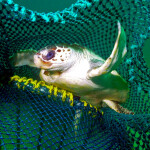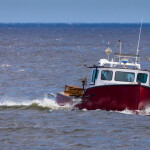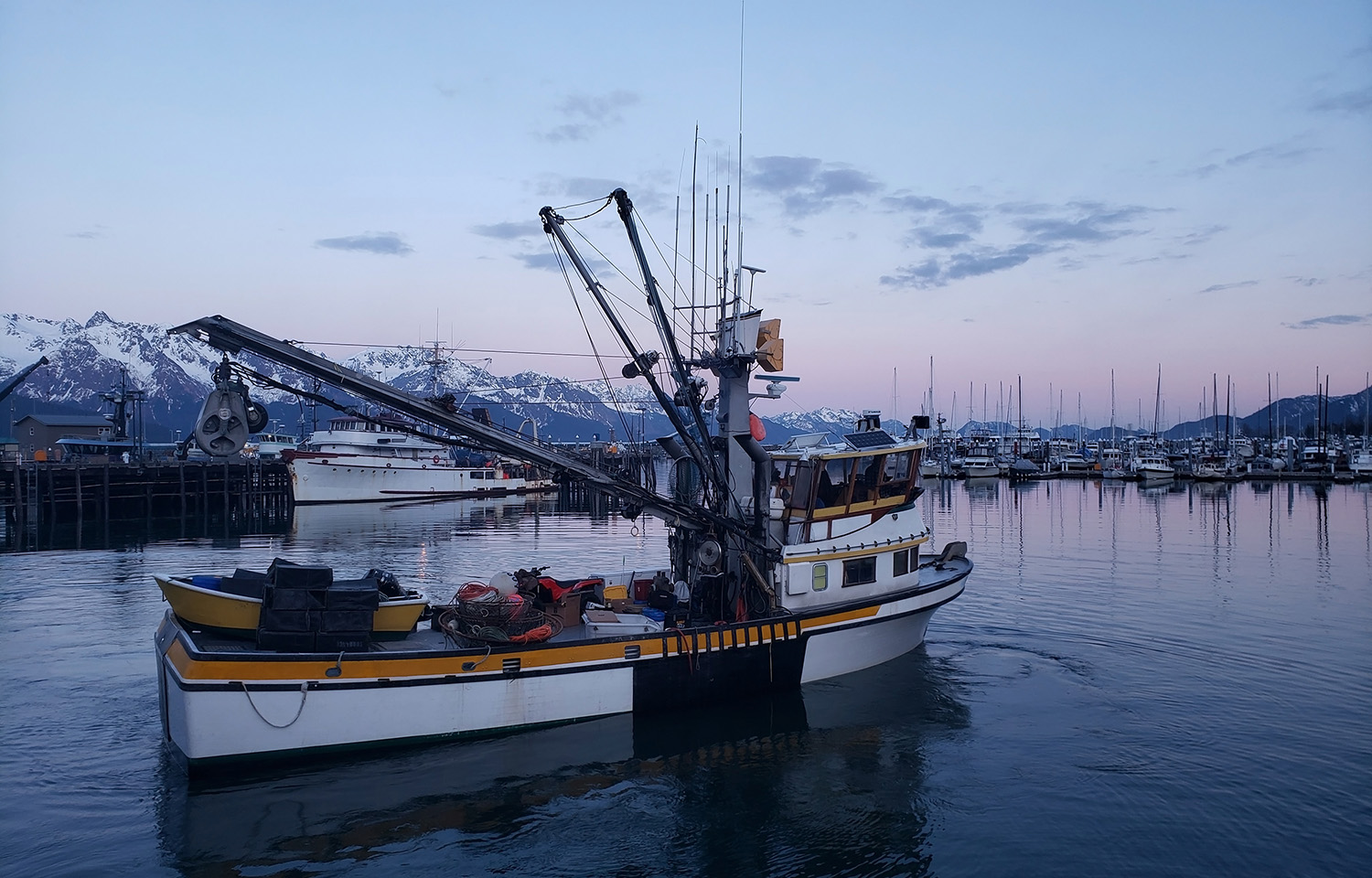U.S. Representative Mary Peltola (D-Alaska) has introduced a pair of bills that would restrict bottom trawling and reduce bycatch.
“Since coming to Congress, I’ve worked to make fish and fishing policy the issue of national importance it deserves to be,” Peltola said. “I know fish, I know Alaska, and I know how to work with people in both parties to get stuff done.”
The Bottom Trawl Clarity Act would require regional fisheries management councils (RFMCs) to define the difference between “substantial” and “limited” bottom contact when it comes to the use of bottom-trawl gear. The bill also would require the designation of bottom-trawl zones, limiting the areas where gear can scrape the seafloor.
The Bycatch Reduction and Mitigation Act, meanwhile, would provide USD 10 million (EUR 9 million) for NOAA’s Bycatch Reduction and Engineering Program (BREP), a program that provides grants to help develop bycatch-reducing solutions. The bill would also establish the Bycatch Mitigation Assistance Fund, which would collect donations to help fishers purchase new bycatch-reducing gear and technology.
The bills are the latest in a battle between trawling-vessel operators and other Alaskan fishers, the latter of whom claim that the amount of bycatch taken by trawlers damages other area fisheries. The pollock industry disputes those claims.
“Subsistence and commercial fisheries throughout Western Alaska have been shuttered in recent years. With record-low escapements and few, if any, opportunities for Indigenous and rural fishing families to harvest salmon, there is nothing more that our communities can sacrifice to protect salmon,” Kuskokwim Inter-Tribal Fish Commission Executive Director Kevin Whitworth said. “It is high time some conservation measures are taken in fisheries occurring in the ocean space as well. I am thankful that Rep. Peltola has taken action to balance the scales here.”
The bills have also drawn support from SalmonState, the Bering Sea Fishermen’s Association, Native Peoples Action, the Yukon Drainage Fisheries Association, the Alaska Longline Fishermen’s Association, Alaska Bering Sea Crabbers, B&J Sporting Goods, the Bear Trail Lodge, and The Boat Company.
The Bottom Trawl Clarity Act in particular is also supported by conservation groups, including Oceana.
“Corals, sponges, and other seafloor habitats, some of which can take hundreds of years to grow, can be destroyed by the single pass of a trawl net for short-term economic gain,” Oceana Senior Scientist and Campaign Manager Jon Warrenchuk said. “Rep. Peltola is wise to call for the protection of coral and sponge ecosystems and to prioritize fish conservation areas over trawling. We applaud Peltola for stepping up as the North Pacific Fishery Management Council drags its feet and the Gulf of Alaska remains largely wide open to bottom trawling.”
Oceana previously submitted a proposal to the North Pacific Fishery Management Council to close 90 percent of the Gulf of Alaska region to bottom trawling.
The Bottom Trawl Clarity Act has drawn fierce opposition from the pollock industry. The Alaska Pollock Fishery Alliance (APFA), a group formed in March to represent the pollock trawl fishery, claims the bill would limit the flexibility of RFMCs to make science-based policies and “imposes unworkable and burdensome new federal mandates on regional decision-makers.”
"While we share Congresswoman Peltola's strong interest in ocean habitat conservation and marine fisheries health, we are disappointed in her introduction of legislation that would harm America’s fishermen,” the APFA said in a statement. “Unfortunately, the Bottom Trawl Clarity Act flies in the face of the fishery management approach that was championed for decades by Alaska Senator Ted Stevens and which established U.S. fisheries management as the global gold standard. If enacted, the Bottom Trawl Clarity Act would threaten a significant number of jobs in the fishing and seafood sectors, many in remote coastal communities where alternative employment options are limited."








